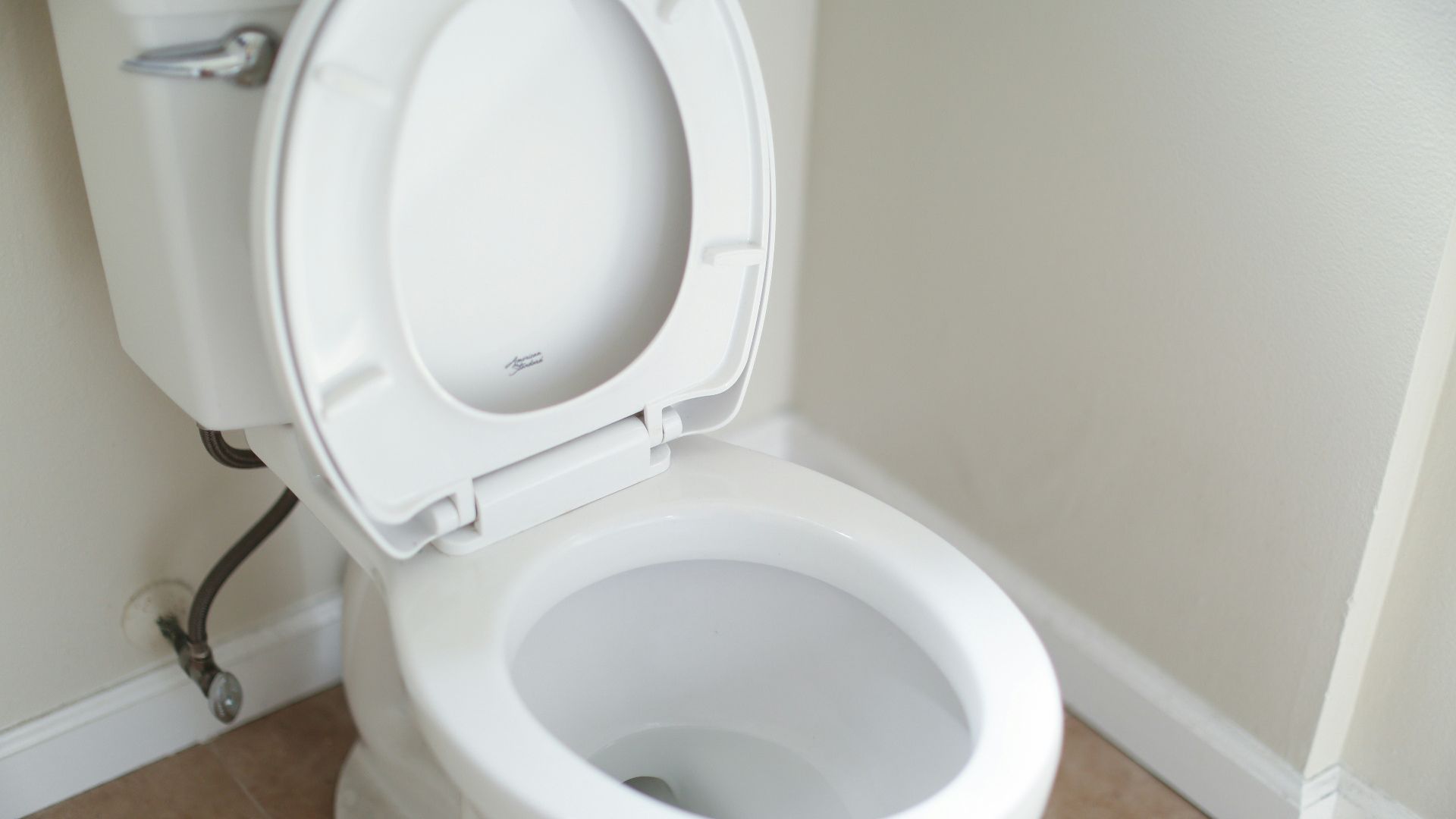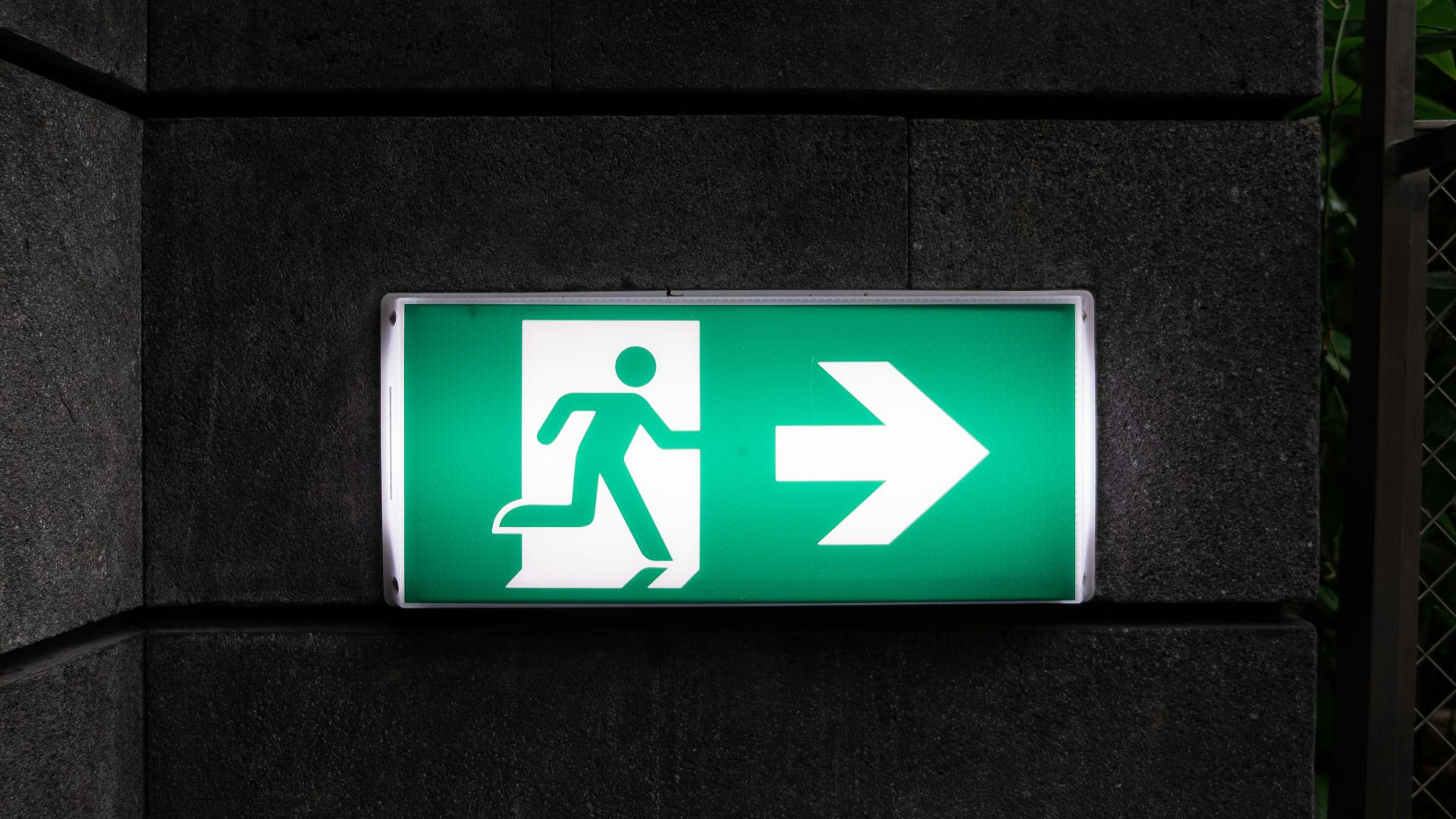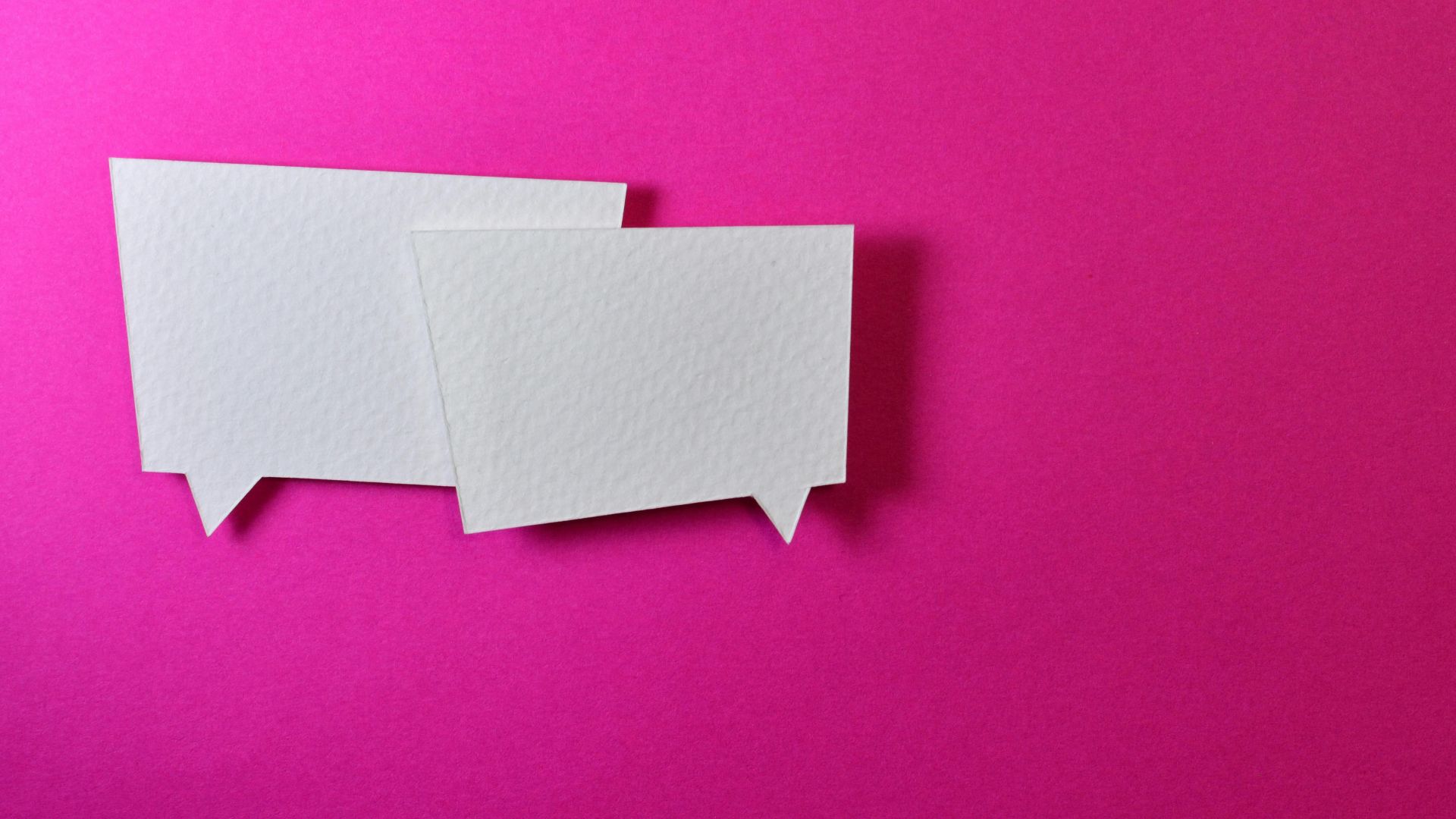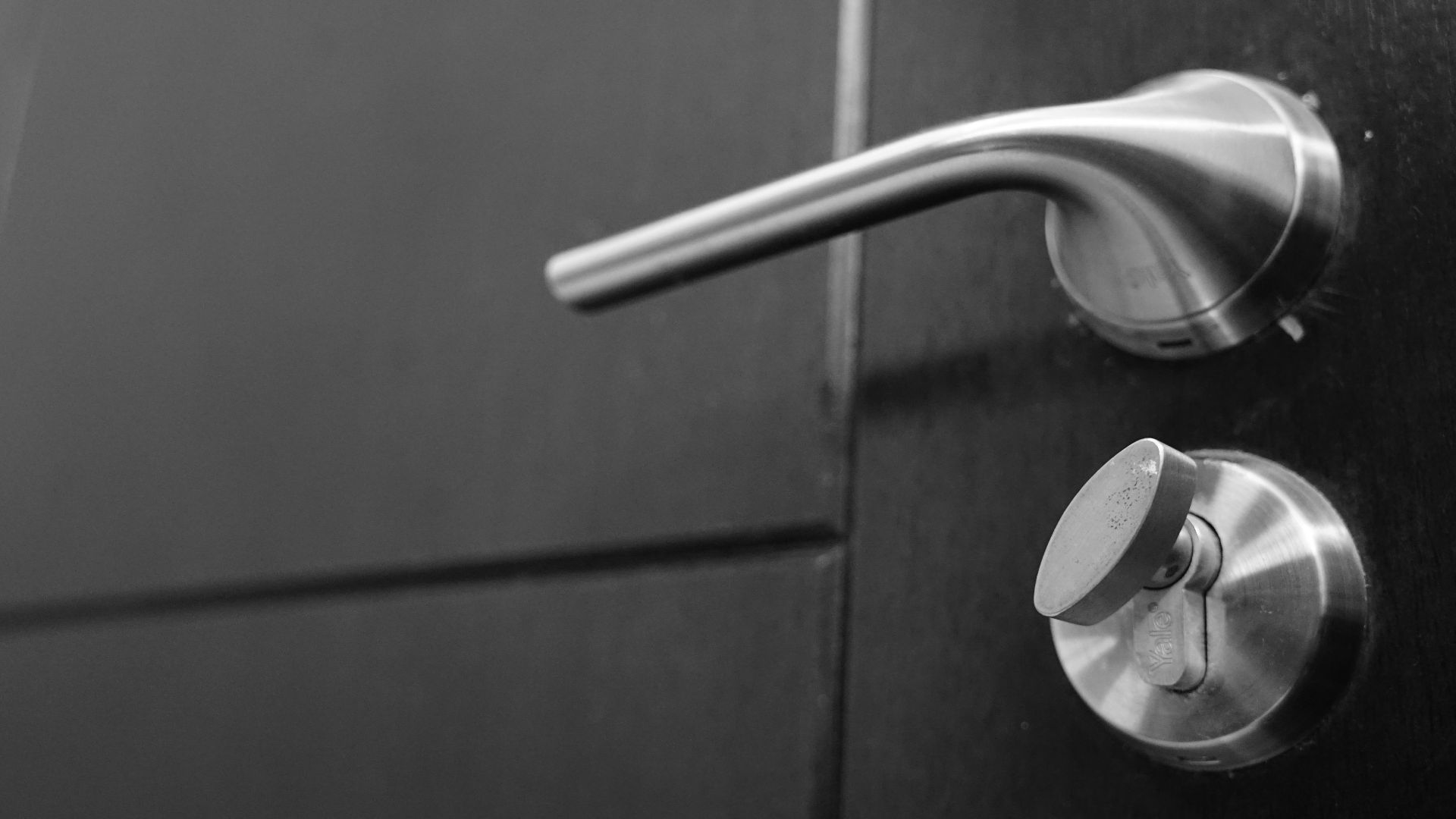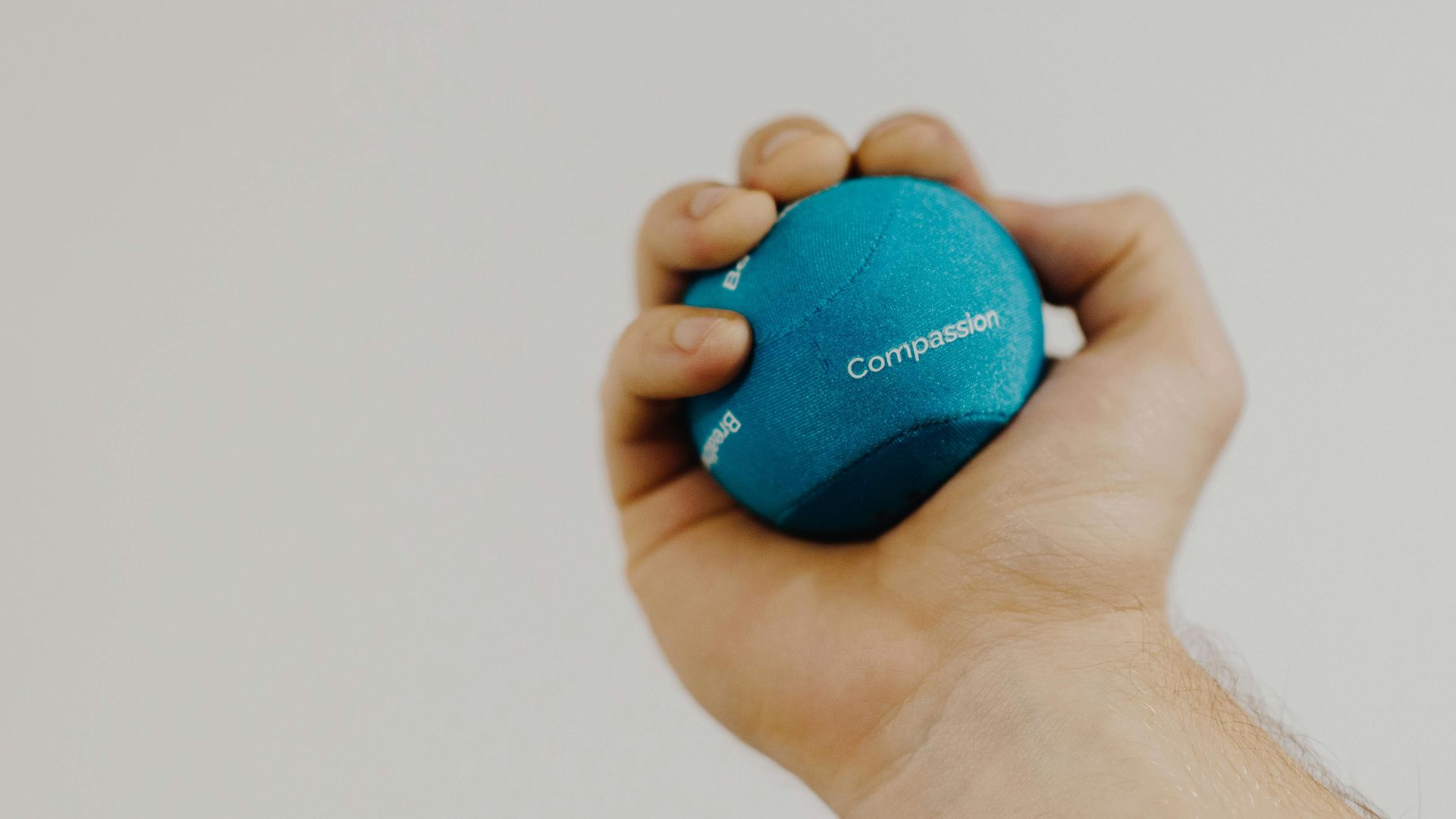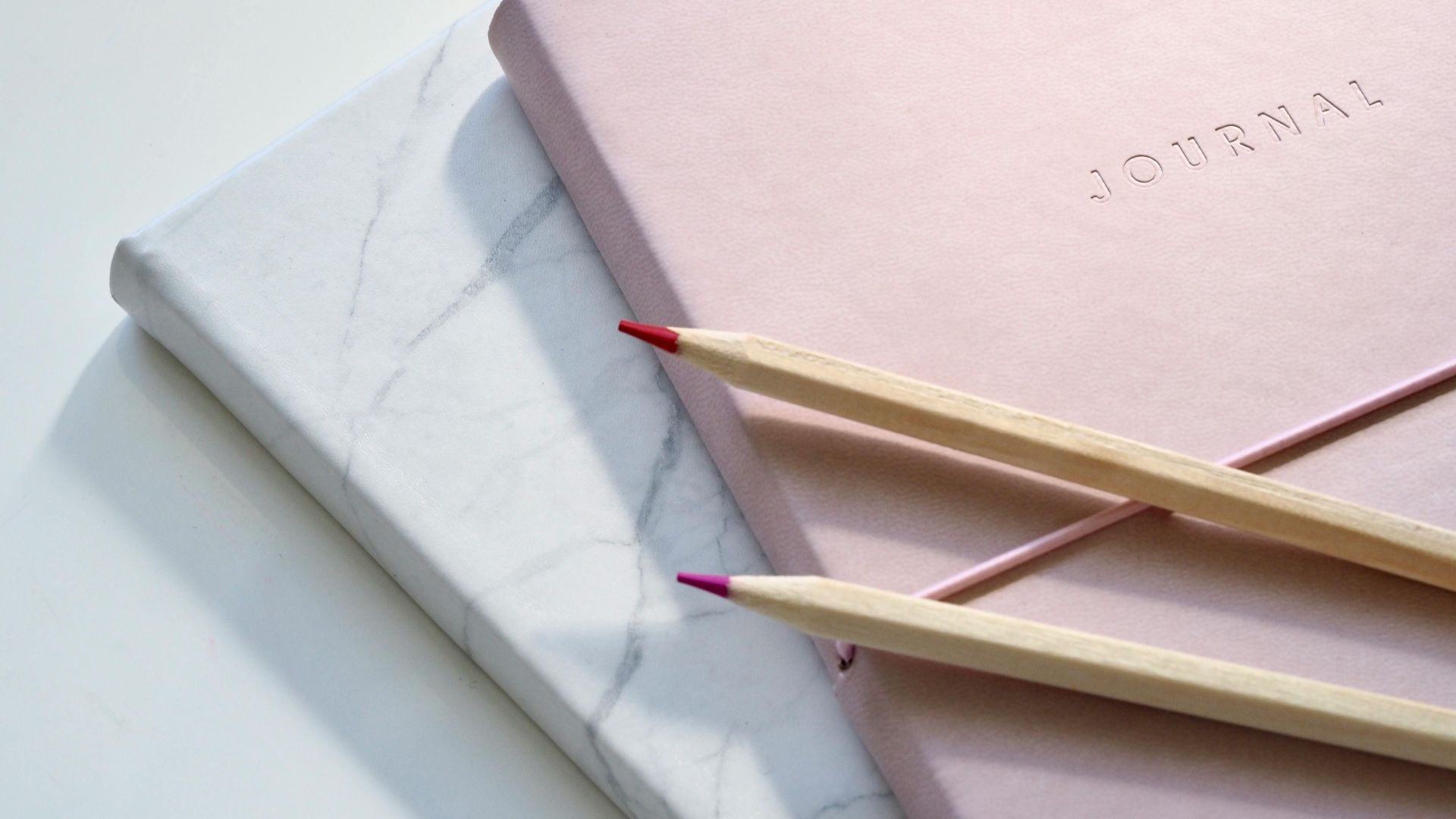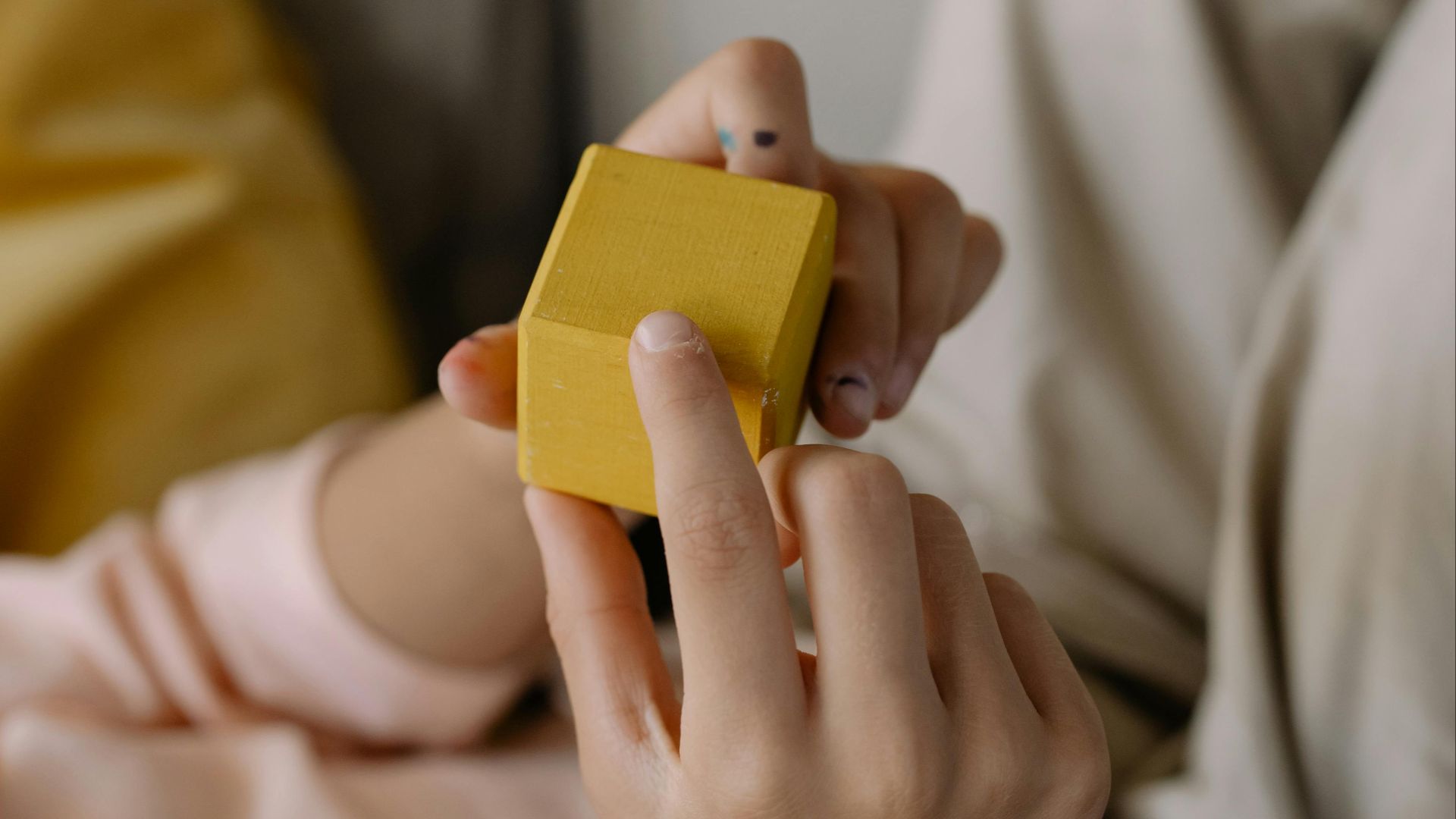10 Nervous Habits Anxiety Makes Us Do & 10 Ways to Overcome Them
Anxious Quirks & How to Tame Them
We all have anxious quirks. From twirling our hair to biting our nails, there's usually at least one thing our stressed-out brain makes us do when we're under pressure or overwhelmed with nerves. But how exactly do these little habits show up, and what can we do to tame them? Don't worry—we've got you covered. Here's a guide that just might help.
1. Use the Bathroom More Often
When you're anxious, it can affect your digestive system and make you use the bathroom more often. You might find yourself having to hop into a stall right before an important job interview or presentation. Why does this happen? Because the gut and the mind are linked, which means when you're nervous, it can trigger nausea, diarrhea, and even constipation.
2. Cancel Plans Last Minute
Anxiety can also make us cancel plans last minute. When the event is still weeks ahead, we might feel confident that we'll make it. But when it's right before we need to head out the door, the nerves can hit—and make us choose to stay home after all.
3. Sit Near the Exit
When we're anxious, we also tend to favor areas that lead us closer to an exit. We might sit at the end row at the movie theater, the outside edge of a restaurant booth, or toward the back of a lecture hall. Wherever there's a doorway, we feel safer being near it. That way, should our nerves signal us to leave (or use the bathroom), we have an easy way out.
4. Repeat Phrases
Nerves can make us repeat things over and over, too. We might not only stumble over our words, but also say things more than once, either because we think our anxiety-riddled mind forgot to mention it the first time, or because reiterating it makes us feel safer.
5. Check & Re-Check
But repetition doesn't just appear in our speech when we're anxious—it can manifest in other ways, too. For example, you might check and recheck that a door is locked, or reread emails a dozen times before you finally send them.
6. Bite Nails
You probably already knew this one: anxiety can make us chew at our nails. But why? This is because the act of biting our nails can make us feel temporarily in control, and thus can relieve stress, unease, and even boredom.
7. Focus on Pulse
Anxiety can kick our heart rate up and make us extra conscious of it. The worst part is that this usually only makes our nerves even more frayed: the more we focus on our pulse and its irregularity, the more tense we feel, which can make our mind spiral.
8. Overthink & Replay Conversations
It comes as no surprise that when we're nervous, we tend to overthink. We might replay conversations we had in our heads, running through each word or phrase, or reimagine an embarrassing scenario where all our mistakes are spotlighted. Letting go and moving on can be extremely hard when you have anxiety.
9. Swipe Through Phone
Ever stepped into a social event where you knew nobody except for the friend who invited you, then resorted to huddling in a corner with your phone to appear busy? Yup—we've probably all been there/ After all, anxiety can make us feel like we need to do something with our hands, and sometimes, the first thing we reach for to ease our discomfort is our phones.
10. Twirl or Pull Hair
Sure, we might play with our hair when we're bored, but this habit can also pop up when we're anxious. In fact, under extreme stress, some may even pull out their hair, a serious condition called trichotillomania. Over time, this may lead to bald spots or thinning hair.
What, then, are some ways to overcome these nervous habits? Read on for 10 tips that might help.
1. Recognize Your Habits
The first thing you'll want to do to overcome your nervous habits is to recognize you're doing them. Every time you find yourself wanting to cancel a plan at the last moment, acknowledge that you're doing it. The same goes for each time you start twirling your hair or biting your nails.
2. Identify Triggers
It'll also help to identify your triggers. Whenever you feel these nervous habits coming on, whether it's sitting near an exit or using the bathroom more frequently, ask yourself: What's making me feel this way? Understanding your patterns and triggers can give you better control at overcoming them.
3. Develop Replacement Behaviors
It can be hard to completely stop a nervous habit, especially when you're so used to doing it. So, rather than just telling yourself to stop, it may help replace it with an alternate behavior that's healthier. For example, if you frequently bite your nails, try squeezing a stress ball instead.
4. Practice Grounding Techniques
Grounding techniques may also help you find better control. Thankfully, there are numerous methods out there that can help. From cold showers to deep breathing and using your five senses to ground you (known as the 5-4-3-2-1 method), you can anchor yourself in the present moment to stop your anxious mind from spiraling.
5. Manage Stress
It's also important to find stress management techniques to help ease tension. Meditation, journaling, and regular exercise are just a few ways that may relieve anxiety and stress, so try engaging in any one of these activities whenever the nerves hit.
6. Keep Your Hands Busy
Restless energy often leads to fiddling, nail biting, and hair twirling. By keeping your hands busy, such as with a stress ball or fidget toy, you may be less likely to engage in your regular harmful habits, which might help correct your behaviors over time.
7. Celebrate Small Wins
Breaking away from your nervous habits is no easy feat. So, no matter how slow your progress, make sure to celebrate your wins. Setting up a reward system can help encourage you to continue with your gradual transition, and motivate you to learn healthier habits.
8. Tell a Friend to Call You Out
If you find it hard to hold yourself accountable, ask a friend to help. That way, they can point out your nervous habits every time you engage in them, so that you know to stop.
9. Try Exposure Therapy
Sometimes, it's not enough to just overcome your nervous habits. In fact, it might be better to reframe your mindset so that the things that make you nervous don't continue making you nervous. Exposure therapy may help: by gradually exposing yourself to stressful and anxious situations, you can confront your fears until the anxiety that comes with them lessens or disappears.
10. Seek Additional Support
If you find that you need additional help, try talking to someone you trust, like a friend, family member, or therapist. They may be able to provide personalized advice, tips, or tricks that give you the boost you need to overcome your nervous habits.



